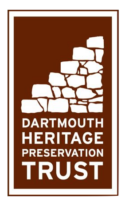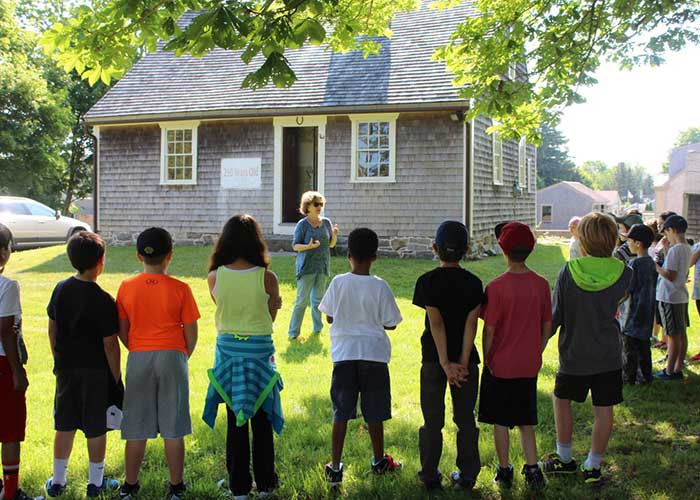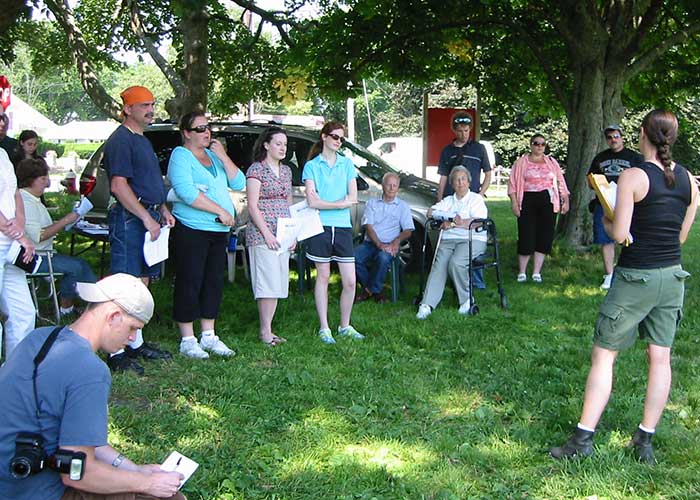The Akin House is a “Witness Site” to Dartmouth’s History and the American Revolution
DHPT is a contributing sponsor of Revolution 250 (organized by the Massachusetts Historical Society [MHS]). If you visit the Rev 250 site periodically, you will learn about all upcoming events (the Boston Massacre and the Boston Tea Party re-enactments). With thanks to Revolution 250’s coordinator, Jonathan Lane, DHPT has forged a beneficial partnership.
Excerpt from the website:
“The Revolution is coming! Over the coming ten years, Revolution 250 will explore the history of the American Revolution and the ways that this story still resonates in society today. Culminating in 2026, 250 years since the American colonies declared independence from the British Empire, we will pull together residents, visitors, planners, educators, artists, students, the business community, and politicians to recognize the importance of our culture and values.”
— Source: Revolution 250 website.
Seventeen-sixty-nine is a pivotal year due to the boycotting of British goods. Indeed, the movement was started by women! Moreover, one might suggest that America’s industrial revolution started at the time when women were weaving cloth and manufacturing other goods. The Harvard Class of 1770 wore homespun in support of the boycott.
DHPT’s event at the Akin House scheduled for June 14, 2020, “Never Idle Hands–Living in Early America,” will feature homespun, hand-made textiles, and other goods so prominent during that period.
The Akin House is a “witness site” and will hold events leading up to 2026, the 250th anniversary of 1776. We are planning living history re-enactments, lectures and other interpretive events to commemorate the Akins’ contributions and that of others during the events leading up to and including the Revolution in Dartmouth. DHPT will be keeping you informed as these events firm up. Refer to this site. Stay informed on Facebook and MailChimp emails.
WHY IS THIS HOUSE AND HISTORY RELEVANT TO REVOLUTION 250?
Inarguably, the history of the Revolution also belongs to Dartmouth. While we can’t take credit for being in close proximity to “the shot heard around the world,” the Akin House, “a little house with a big story to tell,” is taking its rightful place in the annals of events which occurred in southeastern Massachusetts and its environs which fought for LIBERTY from the CROWN.
Let’s start with the role the Akins played for the “Common Cause.” Jonathan Lane shares a letter from Benjamin Akin to Samuel Adams following a solicitation to the colonies as to a vote for Independence:
Dartmouth July 29th 1774
Dear Sir / The Barer hereof, has Brought with him Dartmouth Resolves and we have at Last made Choice of a Committee of Correspondence, –– hope Now we shall be able to have the Early & best Intelligences from all Quarters, should be glad you would send me your opinion in Wrighting what the result of the Town of Boston in respecting the Late New Acts of Parlement, which are to take place the first day of August Next and all other Towns in this province, so far as you have Collected; it appears to me Very Necessary for Every Town in the Government to Know one anothers Mind, in the affair & act on one plan; I trust we shall not have one man in Dartmouth, will Take any office under the New Regulation of Parlament, it Appears to me, if there is any force in the Late acts of Parlament, they have sett us a float, that is have thrown us omit a state of Nature: we Now have a fair opportunity of Choosing what form of government we think proper; and, Contract with any Nation we pleas; for a King to Rule over us–as the Parlament has been pleas’d to Vacate part of our Charter, if they had a Right to take away part, they must have a Right to take the whole: and when Ever affairs come to be settled; it Would be Best for us to form a New Charter for ourselves, that will be Most agreeable to us; and Now Sir, I desire that you will be so kind, as to Inform me into Every thing that is Necessary for the supporting of the Common Cause, and send by the Barer Mr William Tallman, who is one of Our Committee of Correspondence you Compliance, will greatly oblige your frd & Humble Servt. to Coud
— Source: Benjn Akin To Mr. Samll Adams in Boston
The above letter leaves no confusion about Dartmouth’s allegiance.
(The Town of Barnstable was the only community at that time to vote against Independence from the Crown.)
Our Benjamin Akin
As a member of the Committee of Correspondence, Benjamin Akin, son of Capt. John Akin (1663-1746), was a brother to Elihu Akin (1720-1794).
The Akin family members were Dartmouth leaders in the Revolution
Since Benjamin Akin features in this Blog, here’s his bio:
Benjamin Akin was born on May 18, 1715 at Dartmouth, Bristol County, MA and he died there on April 10, 1802. According to “Sketches of Old Dartmouth” by Henry Worth, Benjamin was called “Esquire” on the Committee of 21 during the Revolutionary War. He was the Town Clerk at one time and served on the Committee of Safety. He lived near Russells Mills. He first married EUNICE TABER, daughter of JACOB TABER and SARAH WESTon September 13, 1739. She was born July 10, 1711 and died June 04, 1762 in Dartmouth, Bristol Co., MA. He next married LYDIA ALMY WING, daughter of JOB and LYDIA ALMY and widow of JOHN WING, JR. of Dartmouth. She died June 04, 1767. He married (3) WIDOW BARKER after 1767. Benjamin sired 10 children with his first wife and 4 more with his second. No children were born with his third marriage.
— Source: Akin Family Saga and Akin Family Tree by Robert Larry Akin
Other Noteworthy Events
“Dartmouth took part in the first naval event for the colonies, when in early May 1775, they recaptured several vessels that had been taken by HMS Falcon under Captain Linzee (MHS has his sword!). I believe one of the ships was a schooner named Bedford.
“Dartmouth also built one of the first (of 5) purpose built war ships for the Massachusetts Naval Militia. She was named the Rising Republic, and while her career may not have been exalted as one might wish, apparently having some problems with her design, she did play a role as a transport and as a prison ship in Boston harbor.”
Source: Jonathan Lane, Rev 250.
Jonathan Lane as well as our own research will continue to inform us about activities specific to Dartmouth which will be shared here in the future.


